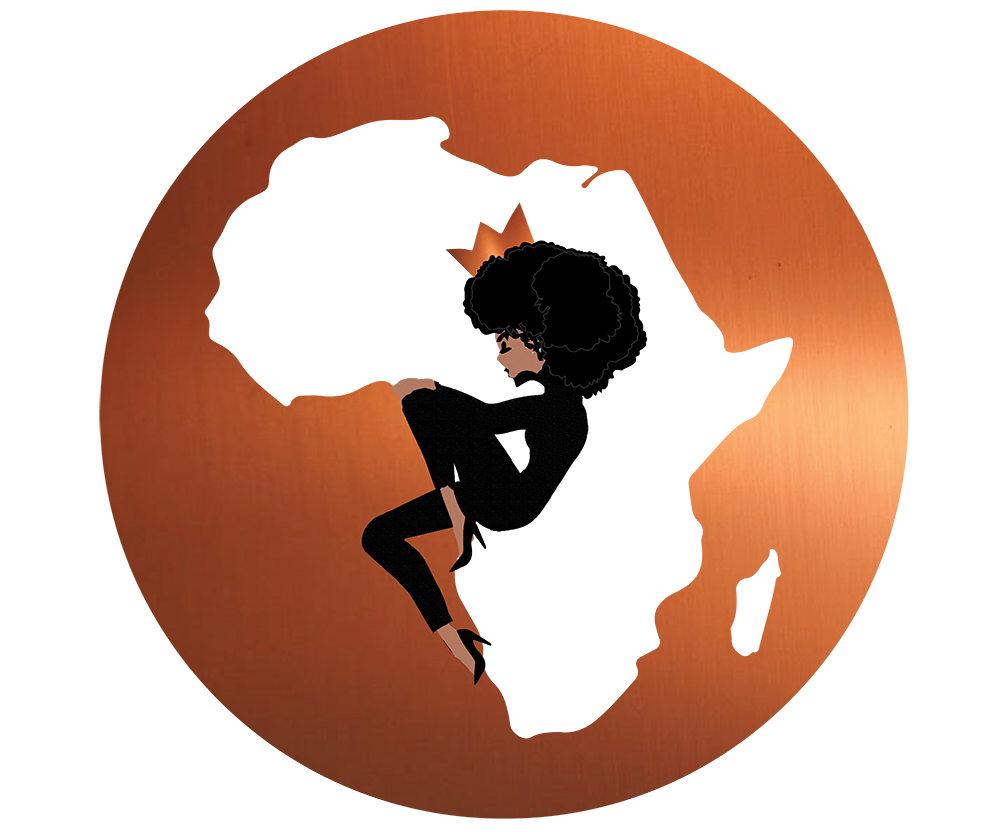THE private equity or financial sponsor industry centred on sub-Saharan Africa (excluding SA) has had an unprecedented fund-raising boom in recent years, driven by attractive returns realised on investments in the region.
But the role of the industry and its developed market investment approach may need to be re-examined and tailored to better suit current economic realities and investment opportunities.
While once alluring sovereign growth prospects have diminished in the face of falling commodity prices and currency devaluations, capital continues to chase the few big deals meeting traditional investment criteria.
Established funds with demonstrated track records in the region, such as The Abraaj Group, African Capital Alliance, Development Partners International, Helios Investment Partners and others, have raised billions of dollars in capital targeted towards growth investments in Africa.
Global private equity juggernauts The Carlyle Group and General Atlantic Partners and sovereign wealth funds such as Temasek have either set up dedicated Africa funds or hired teams to identify high-return investment opportunities. Last year, the industry closed funds having raised up to $4bn in new capital commitments. The message is clear — Africa is an attractive investment destination for discerning and intelligent capital providers.
Looking at economic and financial market activity in sub-Saharan Africa (excluding SA) in 2013-14, the region enjoyed high real gross domestic product (GDP) growth rates of more than 5.7%, versus global GDP growth of less than half that over the same period.
A big driver of the economic boom was the commodity price rally benefiting the oil-producing nations of Nigeria and Angola, whose economies jointly represent half of the region’s GDP.
However, oil prices have since dropped precipitously by more than 70% followed by a sharp decline in real GDP growth, with Nigeria expected to grow by a modest 3.3% and Angola 3% last year.
Both economies have instituted capital controls and devalued their currencies several times to stem the flow of reserves from their central coffers. Nigeria, which became the biggest economy in sub-Saharan Africa on a GDP rebasing in 2013, has seen its foreign currency reserves drop to $29bn, from close to $50bn in mid-2013.
The region needs all the foreign direct investment it can get to climb its way out of the malaise.
That big pools of private equity capital are dedicated to investing in sub-Saharan Africa is encouraging. But is it also the case for African firms in need of capital to fund capital expansion plans and meet their operating challenges?
Most of the new funds being raised are channelling capital towards growth opportunities. Private equity investments are considered to be growth or expansion capital as they deploy resources to profit-generating businesses that seek capital to expand.
These forms of investment are instrumental in private sector development, which leads to economic growth and advancement. The more that private equity firms invest in Africa and leverage their global relationships for sourcing economies, knowledge transfer, strategic alliances and other benefits, the better for such businesses and their economies.
Deals include Actis investing more than $60m in Sigma Pensions in Nigeria; Helios Investment Partners acquiring a 70% stake in Telkom Kenya from Orange; and DPI exiting its stake in Mansard Insurance to Axa. These transactions have sent a signal that smart money is looking at opportunities in Africa and getting deals done.
But is this enough? Private equity firms want to focus on investment opportunities, where the minimum cheque is $50m-$100m. For sub-Saharan Africa, this is a sizeable investment only applicable to a few companies.
Evidence suggests there are fewer than 2,000 firms with revenues beyond $50m in sub-Saharan Africa, half in SA.
Capital needs to flow to the less established businesses in greater need of this and other benefits provided by private equity investors.
Sub-Saharan Africa needs to see more private equity firms looking at investments of $5m-$15m. This would require investors to deal with the management expertise gap, where private equity firms have excellent experience. Sub-Saharan Africa needs smart, catalytic capital, as sometimes money on its own is not enough.
The developed market approach does not work in all instances. Moreover, most of the funds raised in the past few years have been in US dollars, which demand high-return hurdles from their limited partners. Given the economic headwinds facing the region and the resultant steep currency devaluations/depreciations, private equity firms will need to be cautious as they evaluate new growth investment opportunities.
One idea would be to see these firms tap the local asset management industry to raise domestic currency funds. This would help reduce the single biggest impediment to private equity investments in sub-Saharan Africa — concern over currency volatility.
It would reduce pressure on the funds’ expected returns as well as ease the anxiety of the entrepreneur or business that requires the investment.
A change in the quantum of investment towards smaller chunks of capital, realistic talent and management guidance, patience, and a bit of courage, would have a significant effect on the growth and development of smaller businesses in the region.
• Dozie is the co-head of investment banking in West Africa at Rand Merchant Bank Nigeria

